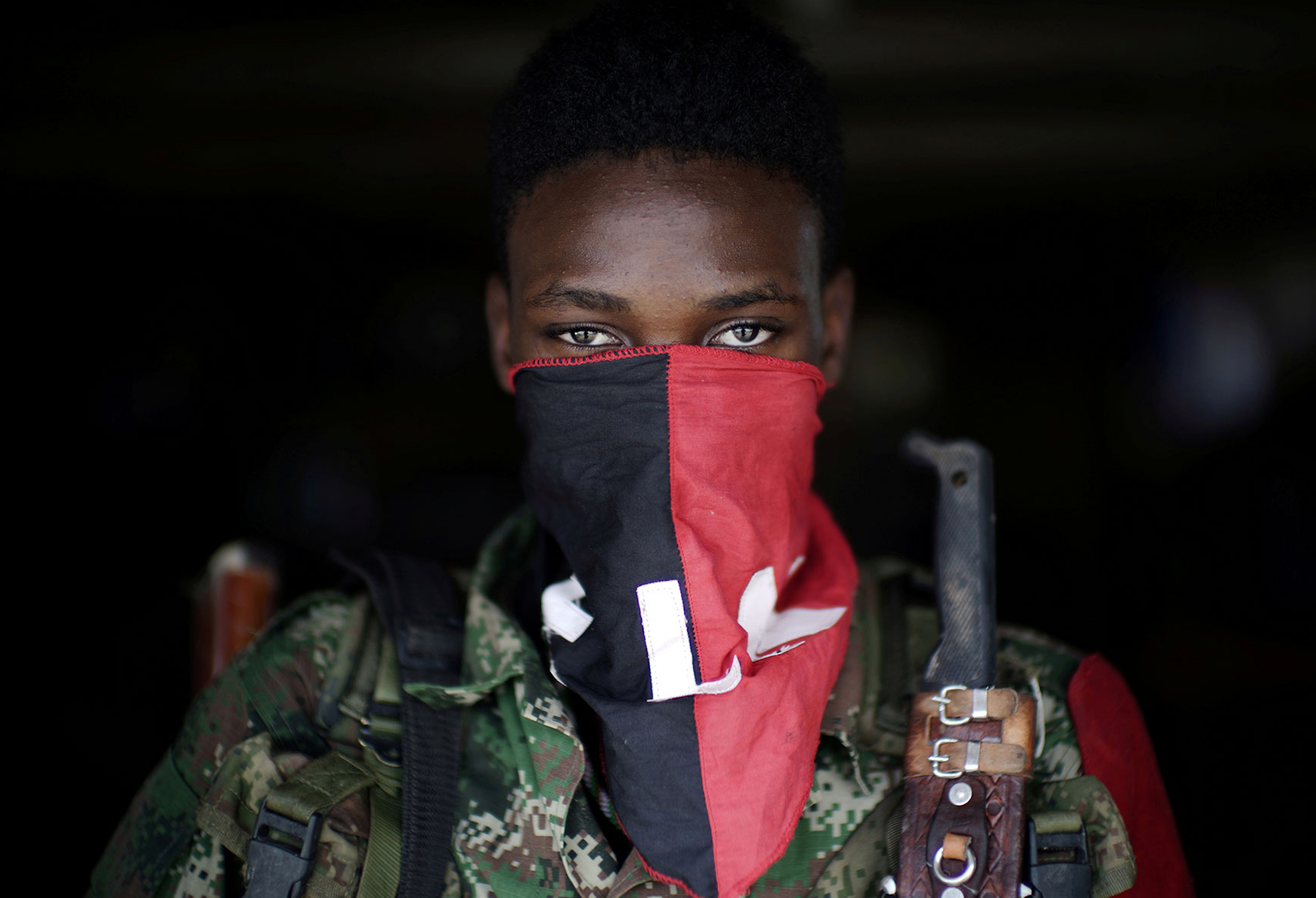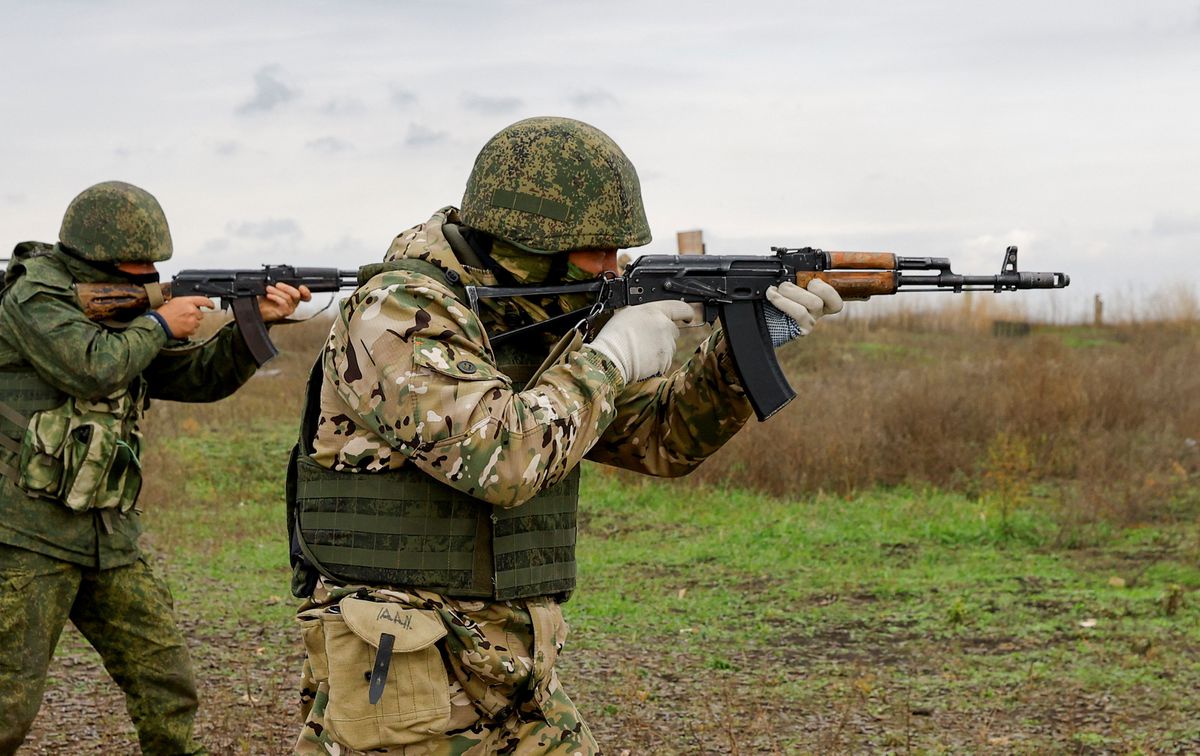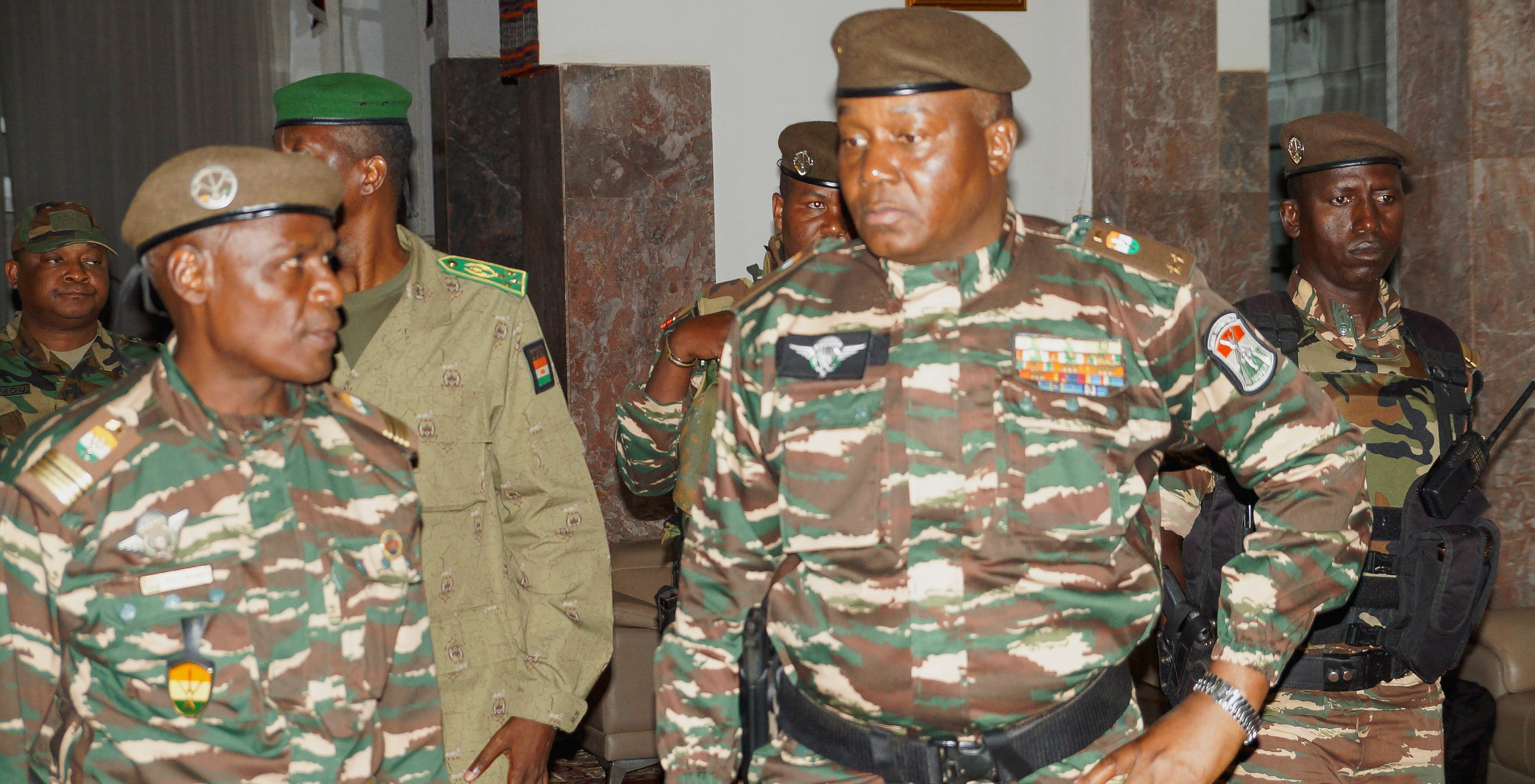
Colombia, ELN rebels start six-month ceasefire
PHOTO CAPTION: Illustrative photo via Reuters
By Luis Jaime Acosta
BOGOTA (Reuters) - A six-month ceasefire between Colombia's government and the National Liberation Army (ELN) rebel group began on Thursday, representing the most solid progress to date for President Gustavo Petro's ambitious plans to end the country's 60-year conflict.
The ceasefire, set to run until February, is the product of ongoing peace talks between the ELN and the government, which restarted last year in hopes of ending the group's part in the conflict, which has killed at least 450,000 people.
"The ELN central command orders all units to suspend offensive operations against the armed forces, police and security organizations of the Colombian state," the group's top commander, Eliecer Herlinto Chamorro - better known by his nom de guerre Antonio Garcia - said in a video on Monday.
The ELN will continue to defend itself during the ceasefire if needed, Garcia added.
The government's high peace commissioner, Danilo Rueda, on Tuesday said the ceasefire would prevent violence and human rights abuses like kidnappings.
"The civilian population can rest easy during the period of the ceasefire," Rueda said.
Petro and the negotiating teams are set to inaugurate a committee meant to guarantee the presence of civil society at the talks later on Thursday.
The ELN negotiations have advanced further than any of Petro's other peace-building efforts.
The government called off a ceasefire with criminal organization the Clan del Golfo - also known as the Gaitanista Self-defense Force of Colombia (AGC) - in March over the group's alleged involvement in violent protests by informal miners.
A lawyer representing the Clan told Reuters in May the group was open to talks, but would not accept a proposal from Petro to surrender in exchange for reduced prison sentences, a potential deal which has yet to be approved by Congress.
Last month the government announced plans for negotiations with the Estado Mayor Central (EMC) - a dissident faction of the now-demobilized Revolutionary Armed Forces of Colombia (FARC) rebels who rejected a 2016 peace agreement - but gave no date for talks to start.
Though Rueda in February said the government would also start talks with the Segunda Marquetalia, a FARC dissident faction which returned to arms after accusing the state of not honoring the 2016 accord, there has been no confirmation of potential negotiations.
(Reporting by Luis Jaime Acosta; Writing by Oliver Griffin; Editing by Leslie Adler)












